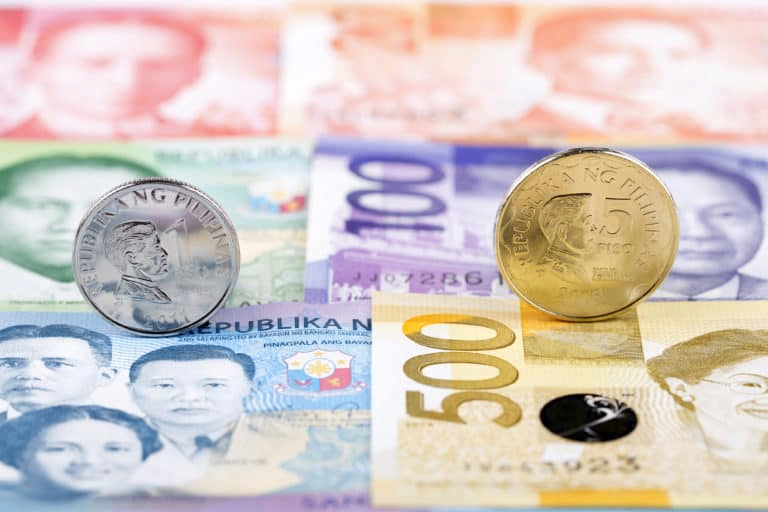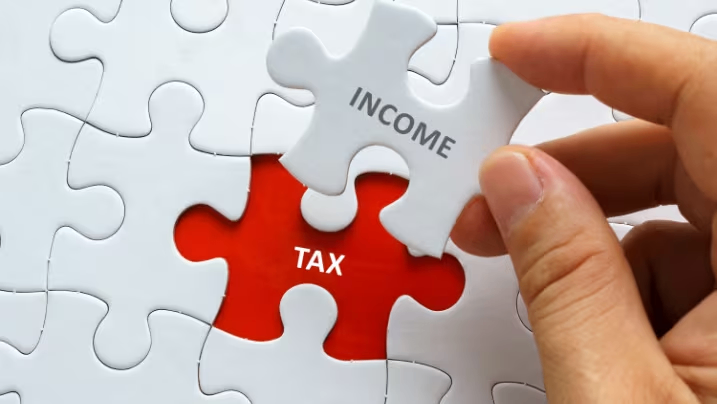A new Philippine tax is about to be born! Whether fiscal space can be expanded is a foregone conclusion
The impact of the neo-crown epidemic has been lingering for some time, and the Philippine government is still dealing with relatively limited fiscal space。Economists agree that the new taxes are essential for generating income and putting the economy back on a high growth track。
In 2023, the Philippines' domestic economy is in full swing - inflation is high and interest rates are rising.。If the Philippine government really wants to fund key projects that drive economic growth, it must speed up the implementation of the new tax policy。
The impact of the neo-crown epidemic has been lingering for some time, and the Philippine government is still dealing with relatively limited fiscal space。Economists agree that new taxes (not just tax reform) are essential to generating income and putting the economy back on a high growth track.。
Leonardo Lanzona, an economist and professor at Ateneo University in Manila, argues that new taxes are needed if the government wants to implement a spending stimulus plan without crowding out the private sector。He said: "Currently, the Philippine government has very limited options and can only impose an indirect tax on food and Internet services, but this tax revenue is expected to be negligible.。A wealth tax is of course a natural choice, but the government does not intend to do so。"
In 2024, the Philippine government aims to achieve about 4.24 trillion pesos in revenue, up from 3 expected in 2023.846 trillion pesos 10% higher。
But so far, the government's economic team, led by Finance Minister Benjamin Diokno, is still pinning hopes that the previous government's residual tax reforms in passive income, financial intermediation tax, and real estate valuation and valuation will be passed.。
Ruben Carlo Asuncion, chief economist at Union Bank of the Philippines, believes that the Philippines is in great need of new taxes。"If the new tax is passed next year, it will quickly bring growth to the economy and help us upgrade our much-needed credit rating to A, thereby attracting more investment and bringing more domestic jobs to the Filipino people," he said.。"

The Philippine government's priority measures include levying a consumption tax on single-use plastics, levying a value-added tax on digital services, rationalizing the mining fiscal system, levying motor vehicle usage fees, and reforming the pension system for military and other military and police personnel.。
The IBON Foundation, a research and advocacy group, said the new tax was essential to expand fiscal space, especially as the economy faces weakening purchasing power, fragile agriculture and manufacturing, and a global recession next year.。Sonny Africa, executive director of the IBON Foundation, points out that the choice of tax is important。
According to Africa, "A wealth tax on billionaires and higher taxes on large corporations are the most stable and reliable sources of finance that can expand fiscal space for significant government spending in the coming decades."。But a further excise tax would impose an unnecessary burden on ordinary Filipinos, reduce family welfare and dampen aggregate demand.。"
And news that the Philippine government is pushing for and likely to pass such regressive excise taxes, such as a tax on digital services, sugary drinks and junk food, and single-use plastics.。
For his part, Michael Ricafort, chief economist at Rizal Commercial Bank, said tax and fiscal reform measures would help narrow the country's budget deficit and curb the growth of outstanding national debt.。
At the end of October, as fiscal revenues grew faster than spending, the Philippines' budget deficit fell from 1.11 trillion pesos down 8% to 1.02 trillion pesos。And as the government borrows more loans and the local currency depreciates, the country's outstanding debt is back in expansion mode at the end of October, reaching 14.48 trillion pesos, all-time record。
Ricafort said: "Given that the government's outstanding debt has hit record highs in recent months, it may not be enough for the existing tax law to strengthen taxation, and new tax reform measures are bound to be needed to curb the government's additional borrowing.。"
Africa argues that the Philippine government's so-called fiscal consolidation plan is more about controlling spending than raising revenue, or even taxing it in a regressive manner, overburdening the poor and low-income families.。He stressed that an increasingly regressive tax system was the biggest obstacle to financing government budgets in a fiscally sustainable manner to reduce poverty, promote growth and stimulate development.。
Africa said: "Too much of the tax base is shifting to taxing consumption, but in addition to unreasonably depressing people's already limited consumption, it is putting significant tax pressure on the vast majority of low-income people.。In addition, due to the reduction of personal income tax for high-income groups and the reduction of corporate income tax for large enterprises, the country's tax revenues have been eroded to some extent.。"

Among the government's proposed tax measures, data show that a new tax on junk food and higher taxes on sugary drinks could generate 76 billion pesos a year.。Moreover, the VAT levied on non-resident digital service providers will also bring in 100 billion pesos over five years.。In addition, the single-use plastic tax can generate 6.5 billion pesos in revenue, and the mixed alcoholic beverage tax can also increase by about 400 million pesos.。
Ricafort said the new, higher tax rates must be fair, just and progressive, especially for those who can afford them or for high-income groups, to avoid increasing the burden on the poor and vulnerable.。
Another fiscal reform measure being pursued in the Philippines is to streamline the size of the government and reduce state spending.。
Ricafort said: "Long-term sustainable fiscal and debt management can benefit future generations, good governance (i.e. strengthening recurrent tax revenues) is a top priority, and state spending should be more stringent.。"
As the new year begins, the Philippine government must be more cautious in the rational use of available funds。Despite limited public funding, there are still many opportunities under the digital transformation, the restructuring of global value chains triggered by the new crown epidemic, and the building of a green economy.。
In 2024, what the Philippine government and economic team urgently need to do is to stop looking at the economy narrowly and only through statistics, no longer out of touch with the lives of ordinary Filipinos, and do more on the indicators that really matter.。Therefore, it is necessary to establish a truly progressive tax system, that is, a lower tax on the consumption of ordinary Filipinos and a higher tax on the income and wealth of the rich.。The follow-up revenue will be used to expand and improve public social services and ensure long-term economic development, job creation and a more dynamic modern economy.。
"Growth, deficits, investment, exports and other macroeconomic indicators are just the means to real development, such as decent work, higher household incomes, affordable and accessible social services and other social indicators," said Africa.。
·Original
Disclaimer: The views in this article are from the original Creator and do not represent the views or position of Hawk Insight. The content of the article is for reference, communication and learning only, and does not constitute investment advice. If it involves copyright issues, please contact us for deletion.